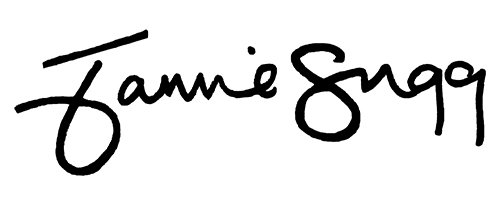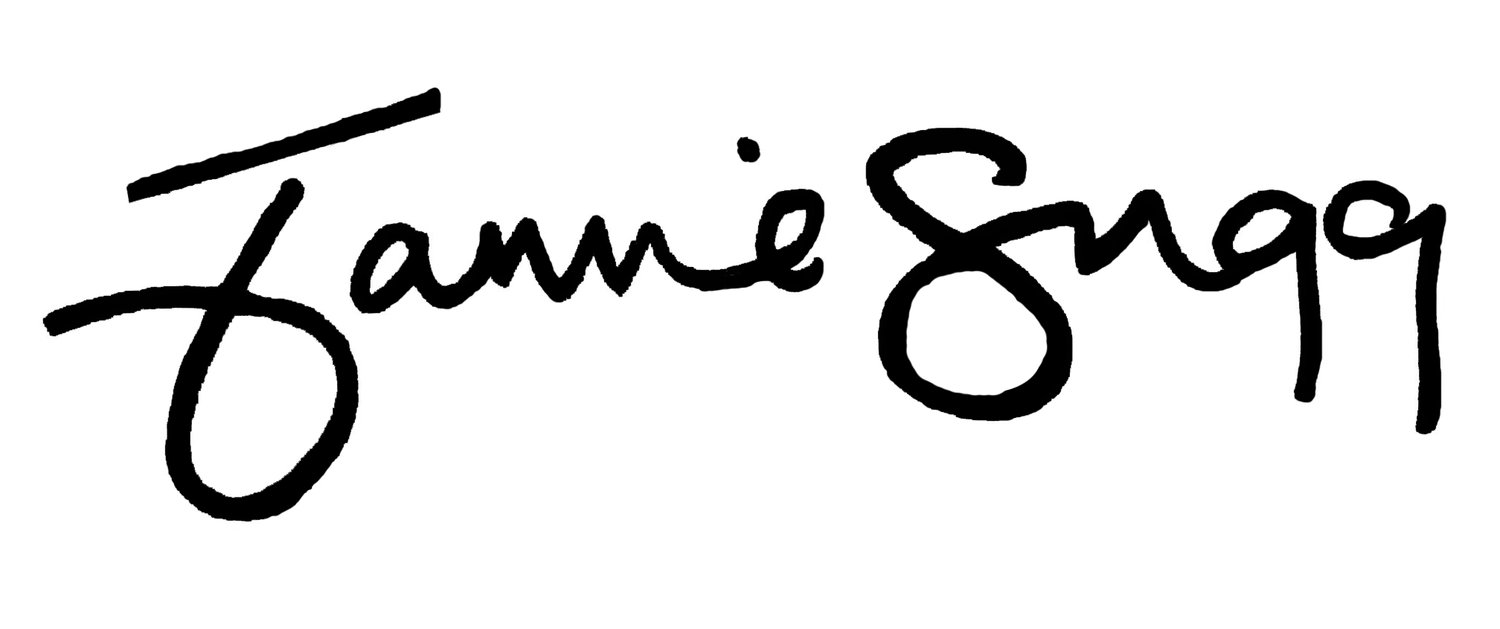When it doesn't work out as planned....
It would be fair to say I’ve made plenty of mistakes over the last seven years as I found my feet as an artist.
There was the time I sent a harsh email reply back to a chap who organises art fairs in London: I was having a very bad health day and it was the second time I’d received an email that week asking me to part with my cash to exhibit. Add in pain and fatigue and, well, I believe what I said was I really had no interest in paying to show my work at his show, and for him to leave me alone (p.s. Where did he get my details from?!). It was harsh on so many levels, and he quite rightly replied telling me not to consider ever applying to anything he organises in the future. Not my greatest achievement.
Then there was the time I made a comment on a Facebook page about a gallery, which, long story short, ended up with the threat of legal action. Another fine mess.
There’s the time I completed a commission for someone (remotely, all organised through a third-party website) who approved the painting, I sent it to them, then they realised they hadn’t meant to approve it and didn’t like it, which left a bit of a sour taste in my mouth as it was an expensive commission. I hate letting people down and was embarrassed that I hadn’t got it right and still got paid.
I’m telling you this because sometimes we believe that as we commit to doing what we feel called/led/born to do, everything will work out perfectly, but we become disappointed when obstacles get in the way. We need to learn to not take these blips personally. Stuff happens - the economy crashes, sudden illness, global pandemic - and there is absolutely nothing you can do about it.
What you CAN do is work out a plan on how to make the best of the situation you find yourself in, and how you can improve in the future.
If I take the above examples, here’s what I learnt and planned to do better next time:
I decided to NEVER pay to exhibit ever again. If I am invited to exhibit in a gallery as part of a group show, I will, but I have no desire to show at art fairs where you have to make a large investment to book a stand, transport your paintings down etc. That’s just not where I’m at right now, so if I get an email opportunity to take part in a fair, I politely reply saying no thank you.
I decided to never air my frustration with an organisation or business online via a social media comment, because not only does it damage a business’s reputation (based solely on my own viewpoint) it also damages mine. If I’ve got an issue, I’ll endeavour to contact them directly to sort it out. This is a lesson that’s taken quite a while to learn….but I’m there now!
I decided to formalise my commission process, ensuring that a contract was written up, sketches approved and all the details completed before starting. Not only has this improved my workflow and ensured accuracy, it provides a more professional service to the client, and has the potential to lead to further commissions by word-of-mouth.
Life can be troublesome, but it’s not what happens to you that’s important, it’s how you react and respond which is key. Tough times come to test us, to help us grow and to help us achieve more in life.
So if you’re struggling with something at the moment, take the time to write out a few positives you can find in these tough situations, and think about how you can use it for your, and others, good.
Until next time,
Keep painting!
Jamie

